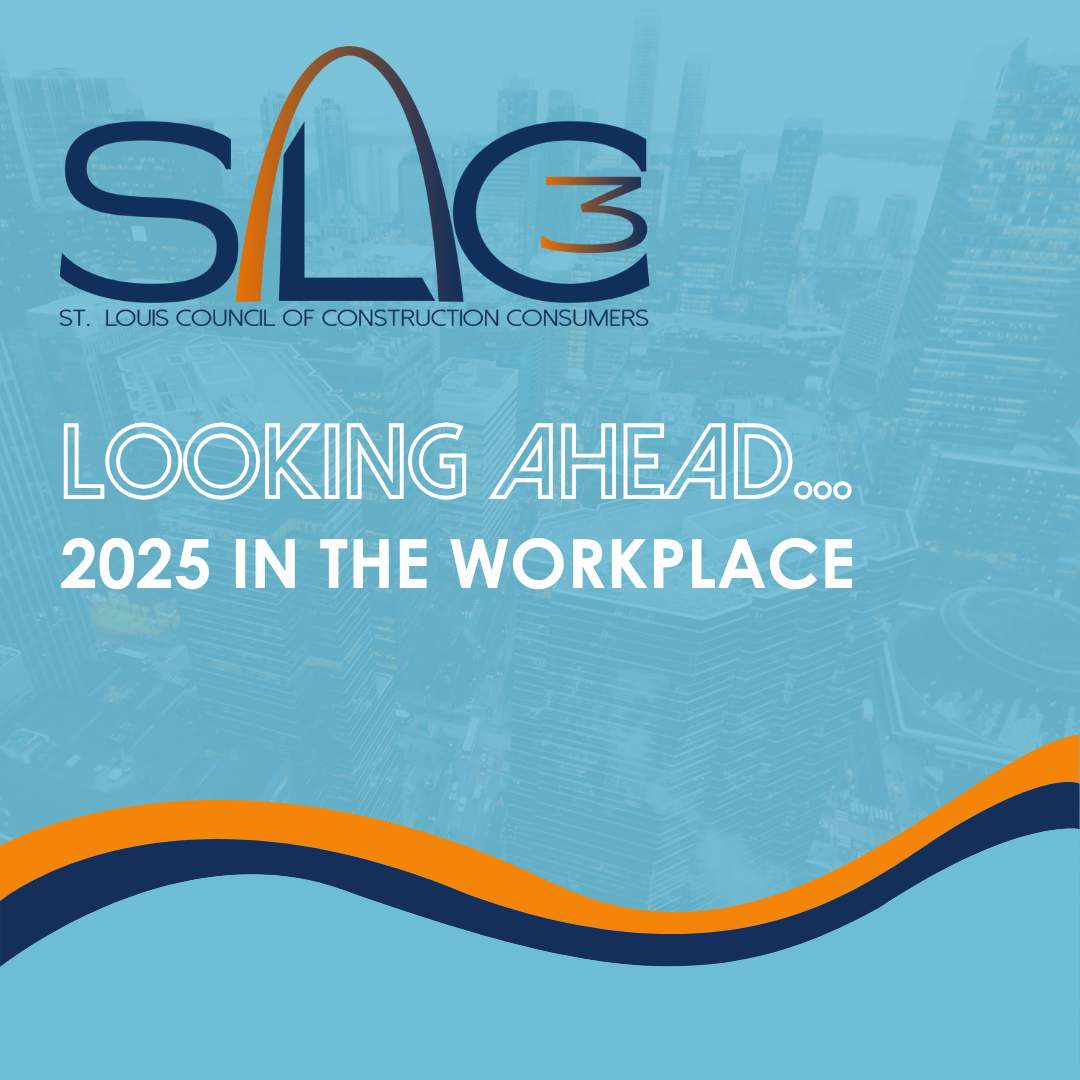As we approach 2025, several key trends are poised to reshape the workplace, particularly in accounting, taxes, human resources (HR), and employee benefits.
Accounting and Taxes:
- Increased Tax Compliance Requirements: The federal income tax rate tables have been adjusted for inflation, with the applicable rates remaining the same (10%, 12%, 22%, 24%, 32%, 35%, and 37%)
Additionally, the Social Security taxable base wage is increasing to $176,100
These changes necessitate updates to payroll systems to ensure accurate tax calculations and compliance.
- Adoption of Tax Technology: To manage the growing complexity of tax compliance, companies are increasingly implementing tax technology solutions. These tools help streamline processes, reduce errors, and enhance efficiency in tax reporting and planning
Human Resources (HR):
- Flexible and Inclusive Work Arrangements: The demand for flexible remote and hybrid work models continues to rise. Employees value balancing work and personal life, leading to increased job satisfaction and improved well-being.
- Emphasis on Mental Health Support: With a significant portion of the workforce feeling at risk of burnout, employers are prioritizing mental health resources. This includes offering counseling services, employee assistance programs (EAPs), and creating a supportive environment to reduce the stigma associated with seeking help.
- Integration of Artificial Intelligence (AI): AI is transforming HR by automating routine tasks, enhancing recruitment processes, and providing data-driven insights into employee performance and engagement. However, organizations must approach AI integration thoughtfully, ensuring clear communication, training, and governance to support the workforce effectively
Employee Benefits:
- Personalized Benefit Packages: Employees are seeking benefits that align with their personal circumstances and life stages. Offering customizable benefits packages can enhance employee satisfaction and attract top talent.
- Financial Wellness Programs: Employers are focusing on providing resources to help employees manage debt, save for retirement, and make informed financial decisions. These programs aim to reduce financial stress and improve overall well-being
- Professional Development Opportunities: Continuous learning and skill development are becoming increasingly important. Employers are offering education stipends and training programs to support career growth and enhance employee engagement
In summary, 2025 is set to bring significant changes to the workplace, driven by technological advancements, evolving employee expectations, and a focus on well-being. Organizations that adapt to these trends will be better positioned to attract and retain talent, enhance productivity, and maintain compliance in a dynamic environment.
By:
Kelly Jackson
Executive Director, SLC3




